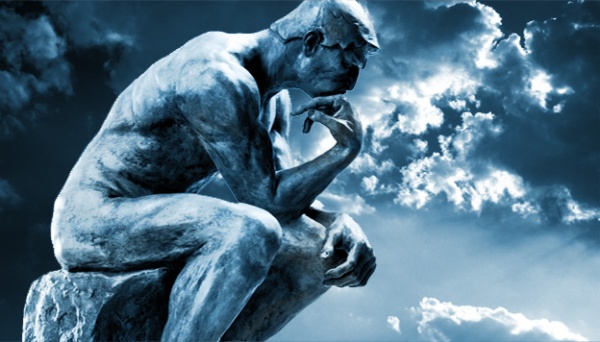 Monday: Human Nature Socratic Seminar Preparation
Monday: Human Nature Socratic Seminar Preparation
OBJECTIVE: After annotating passages from Thomas Hobbes’ Leviathan and from Jean Jacques Rousseau’s “Discourse on Inequality” students will be able to compare and contrast Thomas Hobbes and Jean Jacques Rousseau’s “state of nature” and prepare questions for a Socratic Seminar to understand European influence of Early American literature.
Essential Question: What is human nature and how does our view of this philosophical concept influence our socio-political systems?
Handouts & Notes: Socratic Seminar Instructions, Questions Guide, Socratic Seminar Prep,
Tuesday: Human Nature Socratic Seminar
OBJECTIVE: After annotating passages from Thomas Hobbes’ Leviathan and from Jean Jacques Rousseau’s “Discourse on Inequality” students will be able discuss and evaluate Thomas Hobbes and Jean Jacques Rousseau’s “state of nature” in a Socratic Seminar to understand European influence of Early American literature.
Essential Question: What is human nature and how does our view of this philosophical concept influence our socio-political systems?
Handouts & Notes: Socratic Seminar Outer Circle

Wednesday: Introduction to Jonathan Edwards
OBJECTIVE: By writing a reflection on fear and motivation, and compelting Cornell Notes on Jonathan Edwards, students will be able to: 1.) use background knowledge to predict authors’purpose and use of rhetorical devices 2.) explain how these early writers’ views of human nature influenced American identity and political thought.
Essential Question: How did Jonathan Edwards view HUMAN NATURE? How did SERMONS such as “Sinners in the Hands of an Angry God” use imagery to clearly communicate their message about human nature? How did his views influence the United States of America as a political and cultural entity?
Handouts & Notes: Edwards Notes, & Tone Words
Thursday: Tone and Imagery “Sinners in the Hands of an Angry God” Close Reading
OBJECTIVE: By reading and annotating for imagery and tone in Jonathan Edwards’ sermon “Sinners in the Hands of an Angry God”, students will be able to: 1.) identify authors’ purpose and use of rhetorical devices 2.) explain how this early writers’ views of human nature influenced American identity and political thought.
Essential Question: How did Jonathan Edwards view HUMAN NATURE? How did SERMONS such as “Sinners in the Hands of an Angry God” use imagery to clearly communicate their message about human nature? How did his views influence the United States of America as a political and cultural entity?
Handouts & Notes: “Sinners in the Hands of an Angry God” by Jonathan Edwards, pp. 44-49
Friday: Imagery and the Aristotelian Triangle in Edwards’ “Sinners in the Hands of An Angry God”
OBJECTIVE: By completing a DIALECTICAL JOURNAL that identifies Edwards’ use of imagery and figurative language, students will be able to 1.) identify authors’purpose and use of rhetorical devices to support claim 2.) explain how this early writers’ views of human nature influenced American identity and political thought.
Essential Question: How did Jonathan Edwards view HUMAN NATURE? How did SERMONS such as “Sinners in the Hands of an Angry God” use imagery to clearly communicate their message about human nature? How did his views influence the United States of America as a political and cultural entity?
Handouts & Notes: Dialectical Journal
Homework: Summarize by completing Summary Template to prepare for Progress Check on Monday!